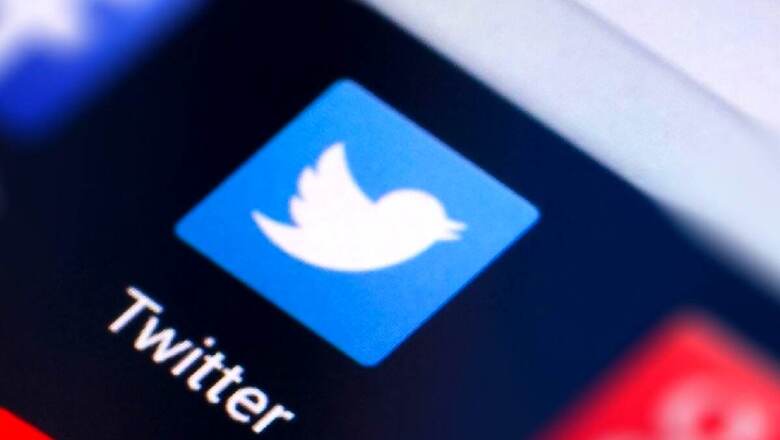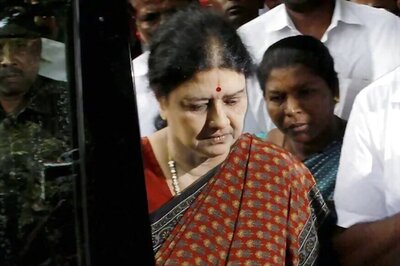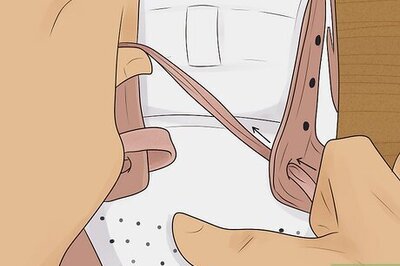
views
Twitter has been making considerable efforts in a bid to find effective ways of dealing with fake news, misinformation and propaganda, and the latest move from the company is Birdwatch. A new feature that was previously in works, Birdwatch essentially takes on a community approach where a select number of designated users will be able to add annotations for lending context to tweets that are factually debatable. Think of this as a Wikipedia approach of sorts, where the user community backed by factual verifiers in the background can contribute to removing something that may qualify as propaganda, or confirming something that creates a stir in terms of political bias.
As of now, Twitter Birdwatch is a pilot programme, so it may also be so that it never makes it to a global scale. However, Twitter’s approach is interesting, since adding context or information to a post made by a public figure would qualify as among the more neutral actions that a platform such as Twitter can undertake. Over time, technology giants such as Google, Apple, Amazon, Facebook, Twitter and Microsoft have, in various ways, been accused by conservatives of majorly favouring liberals. However, the issue can swing both ways, and all social media platforms are still far, far away from being able to strike a balance in terms of getting rid of misinformation on the platform.
It is not very clear as to how Twitter will select the community of users who can add these annotations, but they are proceeding with caution for now. As part of its approach, the Birdwatch annotations will not appear in the public Twitter feed, but in a separate Birdwatch sub-site. Twitter’s VP of product, Keith Coleman, says about this approach, “Pilot participants can also rate the helpfulness of notes added by other contributors. These notes are being intentionally kept separate from Twitter for now, while we build Birdwatch and gain confidence that it produces context people find helpful and appropriate. Additionally, notes will not have an effect on the way people see Tweets or our system recommendations.” Users can learn more about being part of the Birdwatch community from here.
The approach is being squarely looked at from the political spectacle, which is understandable since political influencing is one of the biggest aspects ravaging social media companies so far. Coleman further says on this matter that Twitter will be making all contributed Birdwatch data public, and the same will apply for its algorithms including the Birdwatch reputation and consensus systems.
“We hope this will enable experts, researchers, and the public to analyse or audit Birdwatch, identifying opportunities or flaws that can help us more quickly build an effective community-driven solution. We want to invite anyone to sign up and participate in this program, and know that the broader and more diverse the group, the better Birdwatch will be at effectively addressing misinformation,” concludes Coleman, in what may be a project that looks back at one of the older ways of information authentication in uncharted technology waters.
Read all the Latest News, Breaking News and Coronavirus News here




















Comments
0 comment